
China’s legal system has a long way to go before it can be trusted
- Examples abound of the country’s opaque law enforcement and judiciary ignoring due process and trampling over the rule of law
- Moves are being made to stamp out corruption and build public confidence, but will they be enough to deliver systemic change?
Liu, who was also known as Stephen Lau Hei-wing in Hong Kong, reportedly earned his fortune by dealing in lucrative textile quotas with the help of senior officials from the Ministry of State Security, China’s answer to the CIA. A smooth-talking and savvy businessman, he rubbed shoulders with the elites of Hong Kong and the mainland, and married a celebrity anchor who worked for China Central Television, the state broadcaster.
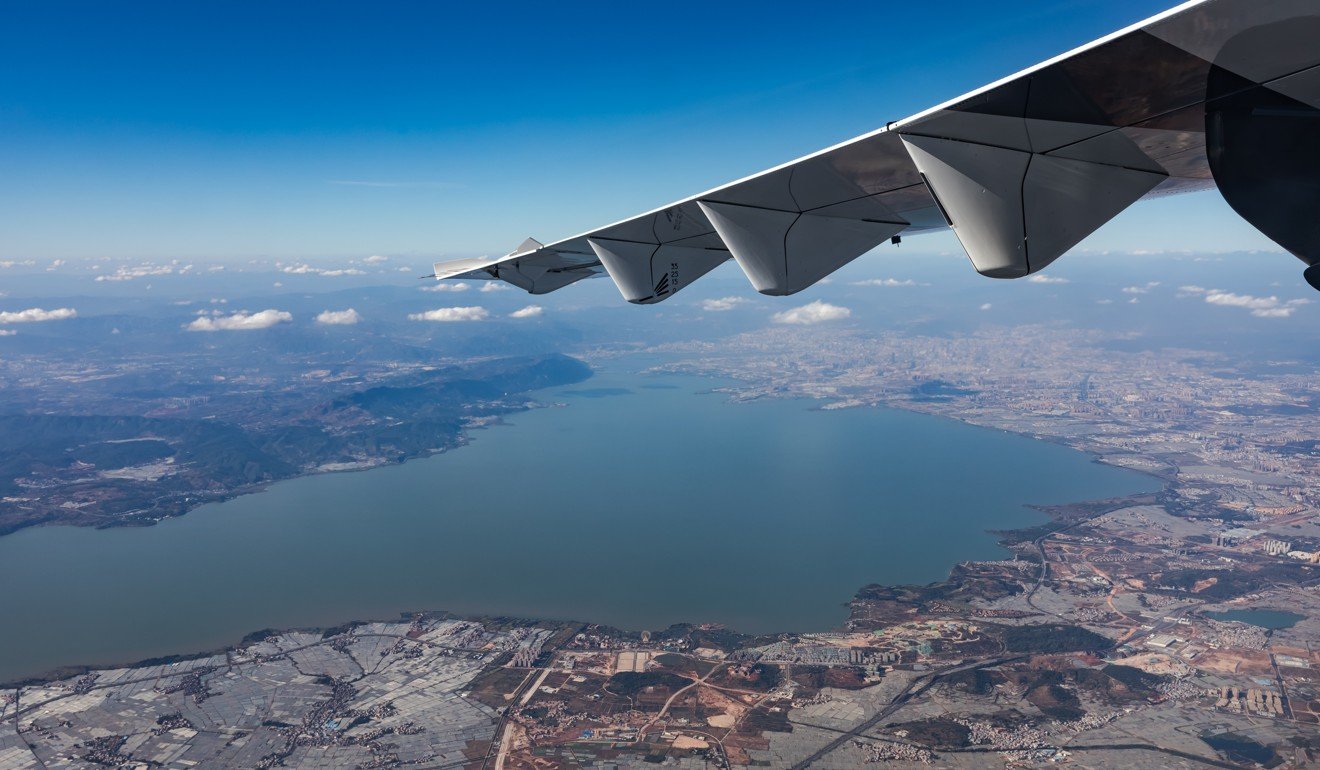
Also in the 90s in Kunming, southwestern Yunnan province, Sun Xiaoguo was a well-known thug and serial rapist. However, he managed to stay out of prison, primarily because his mother and stepfather were both in the police force.
After an eight-month spree of rapes and aggravated assaults on young women and underage girls in 1997, Sun was sentenced to death by a local court in 1998, with the verdict subsequently upheld by the provincial supreme court.
But his sentence was never carried out. Instead, it was mysteriously reduced to 20 years’ imprisonment. Even more extraordinarily, Sun is believed to have been let out of prison after serving less than 14 years.
His case came to light in April following a police investigation which stumbled upon the fact that Sun, living as a free man, was running nightclubs and involved in criminal gang activities. Since April, Sun’s case has grabbed the headlines, causing a national uproar. Altogether, more than 40 former and current law enforcement officials have been put under investigation – including his mother and stepfather. The case is still developing and is expected to ensnare more officials.
The two unrelated cases may sound extraordinary: Liu, suspected of mere bribery, was tortured to death while Sun, condemned to death, managed to get out of prison in less than 14 years.
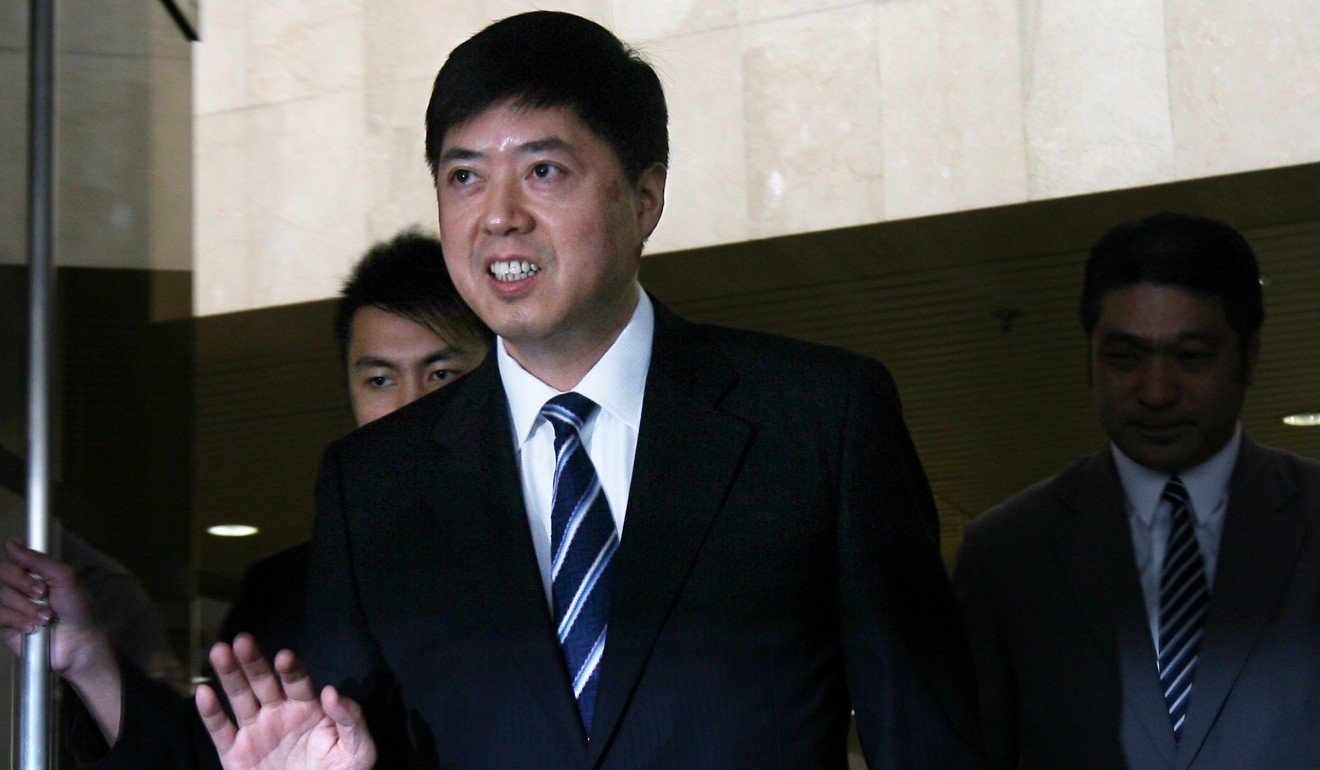
They should also provide footnotes and context to the debacle surrounding the Hong Kong government’s dismal failure to introduce the now-shelved extradition bill which would have allowed the city to send suspects to the mainland.
In China, breaking the law is about to get a whole lot costlier
Technically, there was nothing untoward about the bill as the local government had put in enough safeguards against abuse. But distrust of the mainland’s law enforcement and judiciary system, helped by a deep misunderstanding of how the proposed law would be implemented, was one of the most important reasons behind the recent spate of protests by hundreds of thousands of Hong Kong people.
The underlying worry is simple enough to understand: that anyone who falls foul of the Chinese authorities risks being plunged into the black hole of China’s legal system without being afforded a fair trial or protection of rights.
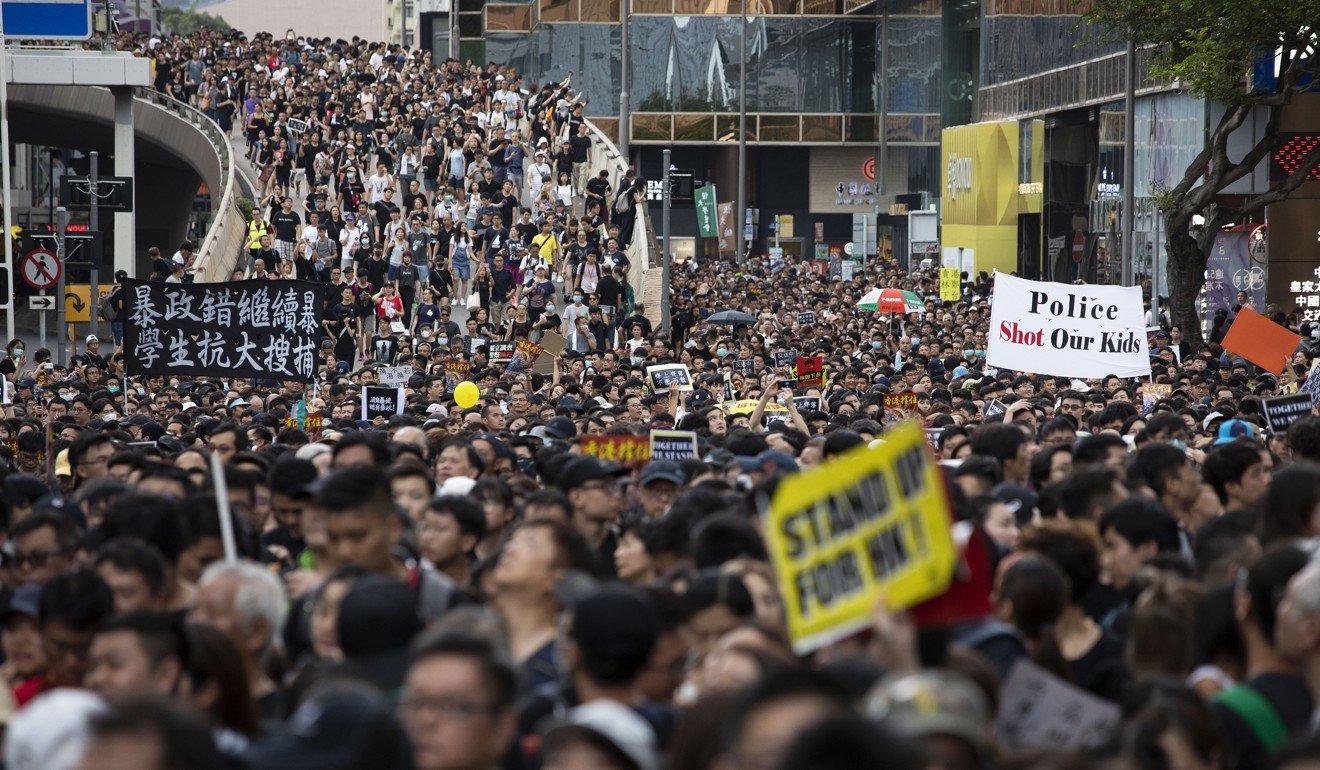
Some may argue that the mainland authorities are determined to correct miscarriages of justice and improve the rule of law, as signalled by the fact that Liu’s torturers have been jailed, Sun is now back in prison and his helpers are being investigated.
Yet while this may be true, their efforts have proved to be uneven, to say the least, as the developments surrounding Liu’s and Sun’s cases have shown.
Opinion: How I learned to stop worrying and love Chinese courts
In Liu’s case, the circumstances leading to his arrest, torture and death remain unclear amid persistent speculation that he could have been the victim of a power struggle between two groups of powerful officials in Beijing.

Chen Yixin, secretary general of the Central Political and Legal Affairs Commission – China’s highest domestic security body – has made Sun’s case his No 1 priority and assembled a task force of senior law enforcement officials to make sure his conviction is “ironclad”.
Streets, office buildings, parks and even primary schools across the country are festooned with red banners exhorting efforts to “root out dark and evil [forces]”.
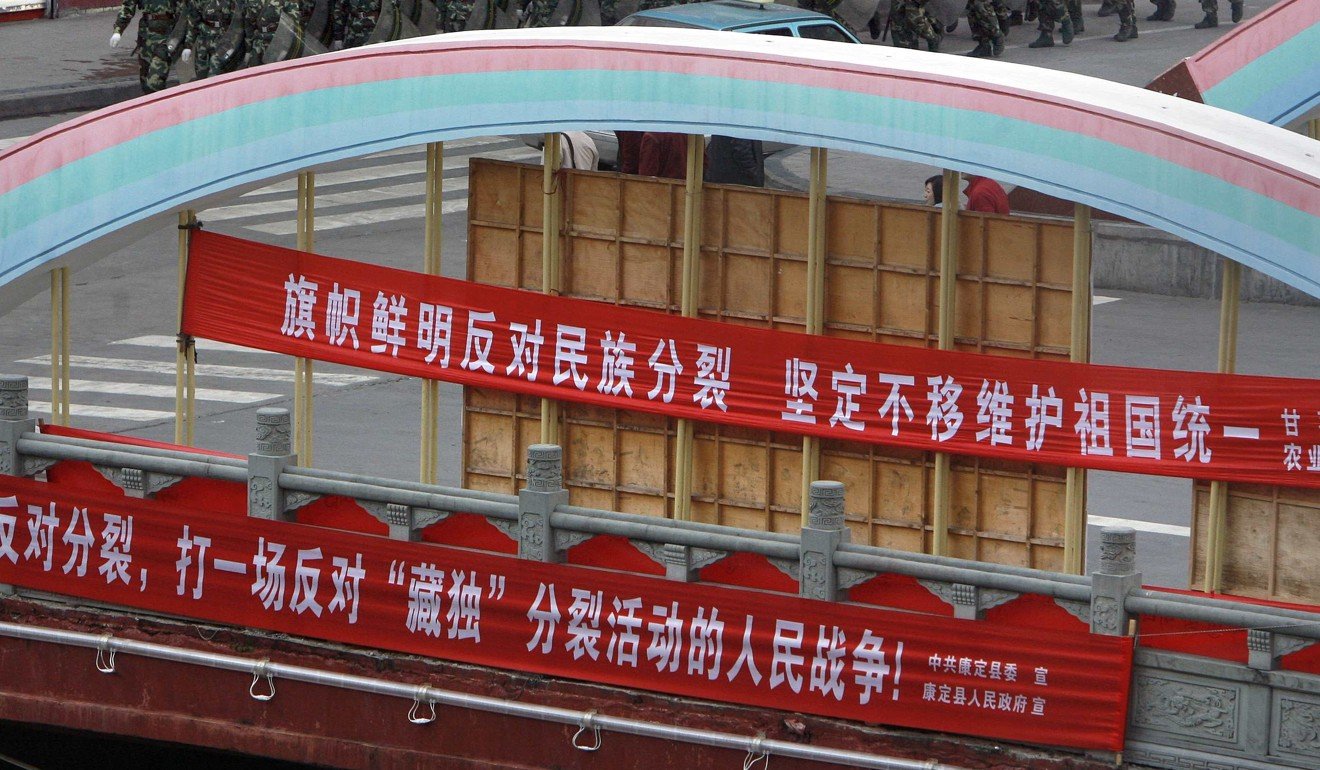
According to media reports, several dozen senior police officers have been put under investigation in the province of Heilongjiang alone over the past month.
There can be no doubt that the three-year campaign against organised crime and the corrupt officials who facilitate it will help improve public confidence, but the Chinese government still has a long way to go to meet the lofty goal set by Xi: that everything possible should be done to let the people see that justice is served in every case.
Secrecy and a lack of rights protection and due process still seem to be the norm in many politically sensitive cases, particularly those involving the country’s leading tycoons or politicians.
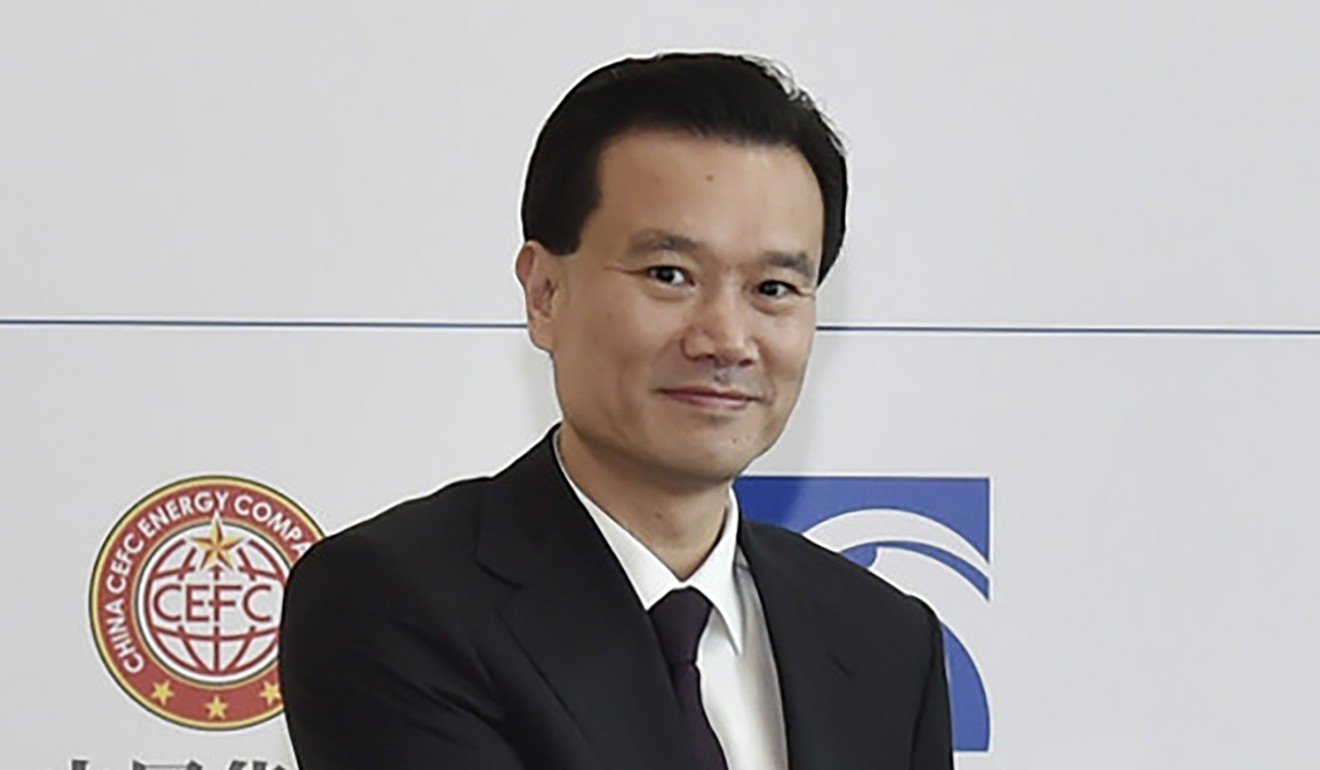
There have been multiple examples of private entrepreneurs languishing in jail or under house arrest for years, amid allegations of economic irregularities, without access to their lawyers or family members, let alone the prospect of a fair trial.
Even after a high-profile tycoon is jailed, his access to family members and lawyers can still be arbitrarily restricted without proper explanation.

Late last month, Wu’s mother published an open letter online, saying that her son had been denied access to his family or lawyers nearly 20 times since August last year.
Ye and other prominent businessmen currently being held without charge may be guilty under Chinese law, but they must be afforded due process. Doing so would help the government meet Xi’s goal and improve public confidence in the legal system. ■
Wang Xiangwei is the former editor-in-chief of the South China Morning Post. He is now based in Beijing as editorial adviser to the paper











